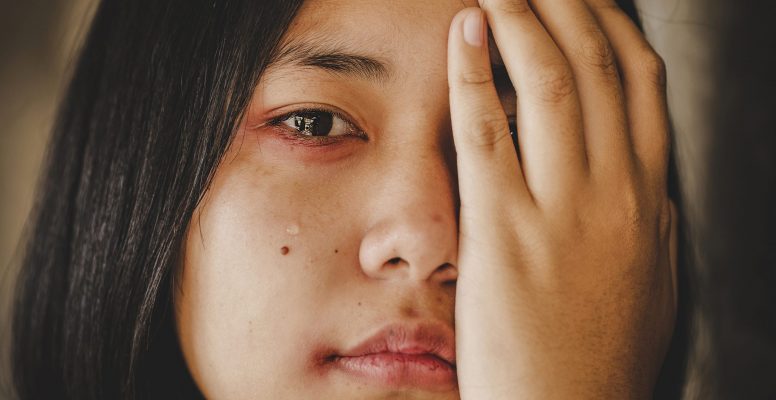Written By: Andrew Cecil, Clinical Trainee at ACS, Adolescent Substance Addiction Treatment Program IT IS COMMONfor parents to feel concerned about their child’s well-being when they notice things like poor academic performance, substance use, and unhealthy relationships. However, few parents are as familiar with the behavioral signs of a crisis. A crisis refers to a […]
Written By: Brett Trace, Clinical Trainee at ACS, Outlet Program If You’rea parent of a teen or someone who works with teens, odds are you’ve encountered teenage irritability. What may have felt like an easygoing, straightforward comment might cause your teen to become angry or withdraw from the conversation. Friends that they’ve had for a […]
Written By: Madeline Lee, Clinical Trainee at ACS, On-Campus Counseling Program EXERCISEhas many benefits beyond the improvement and maintenance of one’s physical health. Exercise can also act as a mental health tool or healthy coping method in that it can help improve mood, self-esteem, and work performance (Kunce & Wilfley, 1986) among other benefits. There […]
Written By: Patricia H. Scherer, MS, Clinical Intern at ACS, On-Campus Counseling Program Growing up the child of immigrants can have numerous advantages for some individuals. Immigrant parents from many cultures, including LatinX, Asian, and Eastern European backgrounds, emphasize the importance of family, collectivistic values, and cultural and religious heritage, all of which can buffer […]
Written By: Andrea Delariyala, Program Coordinator at ACS, On-Campus Counseling Program A good night’s sleep is important for all of us, but can be particularly crucial for teens since their bodies and brains are going through significant development. Teens typically need between 8-10 hours of sleep a night, and for most teens, 9 hours is […]
Written By: Alonzo Howard, BS, Clinical Intern at ACS, On-Campus Counseling Program negative thoughtsare the leading cause of future episodes of depression. Depressive episodes may occur at any point of the year. However, findings show higher rates of major depressive episodes during November and December. During this season there is an increase in conflict between […]
Written By: Patricia H. Scherer, MS, Clinical Intern at ACS, On-Campus Counseling Program The COVID-19 pandemichas been raising concerns about mental health around the globe. Research indicates that since the onset of the pandemic, psychological distress, including symptoms of anxiety and depression, have been rising in the general population. However, adolescents during the pandemic experience […]
Written By: Madeline Lee, Clinical Trainee at ACS, On-Campus Counseling Program journalingis a great, cost-effective therapeutic tool that can be beneficial for a large range of situations. There are studies showing that different populations ranging from young school children to expecting or new mothers benefit from journaling. For instance, the school students reported that journaling […]
Written By: Kyara Mendez-Serrano, Clinical Intern at ACS, On-Campus Counseling Program life as a teenagercan be a confusing time to navigate. It is a period in which folks no longer identify with being children, but they are not yet considered adults. In the midst of this journey, some adolescents might be experiencing the added pressure […]
Written By: Anna Fitch, Clinical Intern at ACS, On-Campus Counseling Program what is mindfulness? Over the past three decades, a movement of mindfulness-based positive psychology has taken the field by storm. As a result, mindfulness has become commonplace within the vernacular of modern-day society. While well-intentioned, mindfulness has become somewhat of a cultural commodity, leading […]










